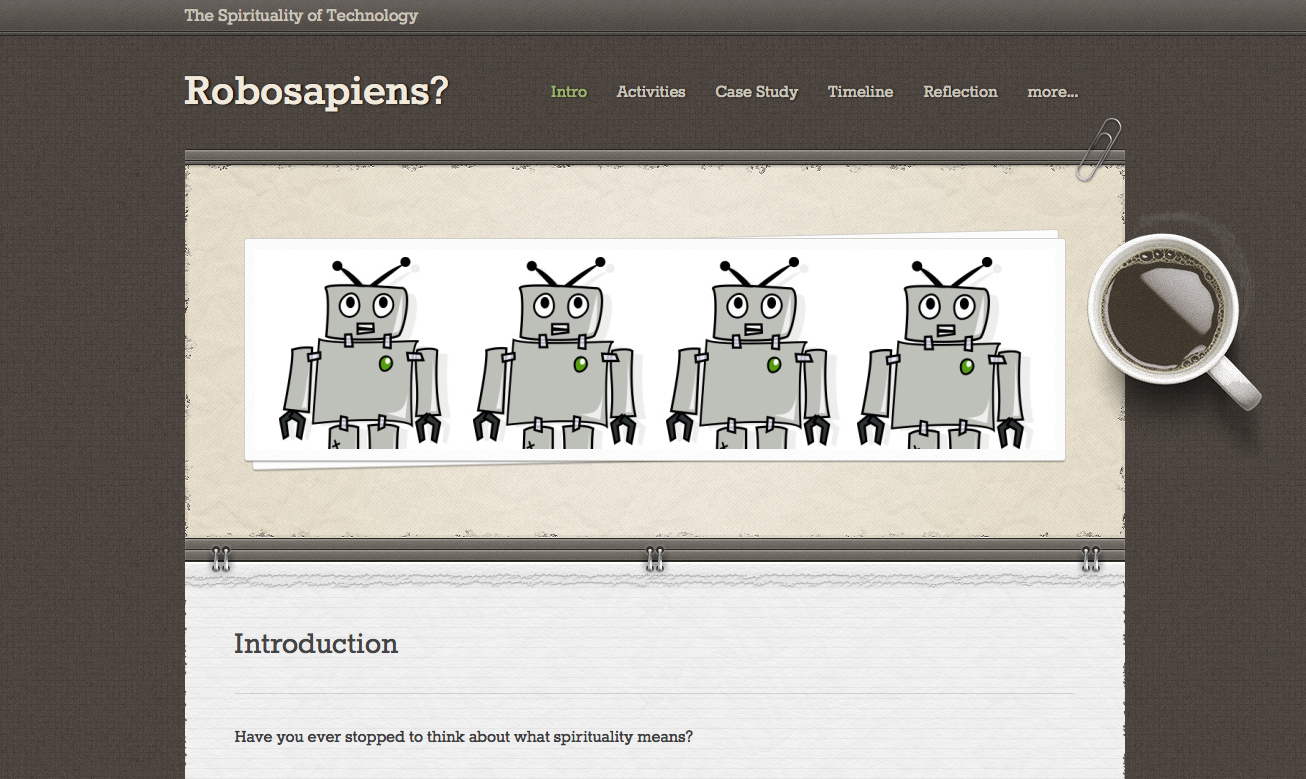This week, I was asked to consider the questions: What might Education for the present look like, and how might we best support its proliferation in classrooms? What kinds of designed spaces support collective intelligence and how might these be thought of as properly educational?
To answer these questions, I refer back to one of the leading academics in this area, and one who has been referred to by many in the course already – Sir Ken Robinson. I find his thinking to be visionary, and his summary of education to be accurate and enlightening.
“The problem is they’re trying to meet the future by doing what they did in the past, and on the way they’re alienating millions of kids who don’t see any purpose in going to school.” A degree doesn’t guarantee a job anymore, and the issue with education is that the “route to [a degree] marginalises most of the things [they] think are important about [themselves].” Taken from Changing Education Paradigms
In her forum on New Media in the Everyday Lives of Youth, Mimi Ito suggests that education needs to take on more of a shared role between people and institutions to guide youth and their participation in “a public life that includes social, recreational and civic engagement.” Adults (parents and teachers) need to play more of a mentoring role, providing the structure and provision for this participation. This would, indeed, allow for very high levels of engagement of students with their education.

I am reminded of the alternative education systems that I looked at earlier in this course, and The Sudbury School system, where students were allowed to be in charge of their own learning, and the adults were acting as more of a “guide on the side”, rather than a “sage on the stage”. I saw this as extreme, and a bit outside of the paradigm for education that was within my scope… now I don’t know if it is really that extreme. Perhaps this is more in line with what these educators are saying – that we need to be embracing this new digital age, and giving our students the tools they need to navigate within it.
Robinson says that “our children are living in the most intensely stimulating period in the history of the earth. They’re being besieged with information… from every platform… and we’re penalising them now, for being distracted. From what? Boring stuff! At school, for the most part… We shouldn’t be putting them to sleep, we should be waking them up to what they have inside of themselves.”
He suggests that one of the ways to do this is to realize that collaboration and group learning is the “stuff of growth.” And that, “if we atomize people and separate them and judge them separately, we form a kind of disjunction between them and their natural learning environment.” This is very much in line with what dana boyd was saying in her presentation as part of Ito’s forum. She stressed the importance of friendship, and its place at the centre of the social world of youth today. If we embrace this, and allow our students to learn in a more social way, then I think we will see incredible things taking place in our schools.
The beauty of allowing this to happen online, is that it is easy, it is accessible, it is flexible, and synchronicity is not required. Ito supports this idea as well, in her conclusion to the forum presentation, when she says reiterates that “the peer group [has become] a powerful drive for learning”. If we can take the interest-driven tendancies of youth, and harness them towards learning that is meaningful for them, we can transform education in the way that Robinson says we need to, allowing learning to be an experience that is “one in which [their] senses are operating at their peak; when [they’re] present in the current moment; when [they’re] resonating with the excitement of this thing that [they’re] experiencing… when [they’re] fully alive.”
I am excited to be a part of this change, along with the rest of you.


